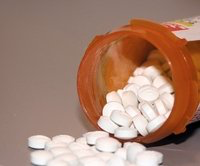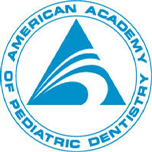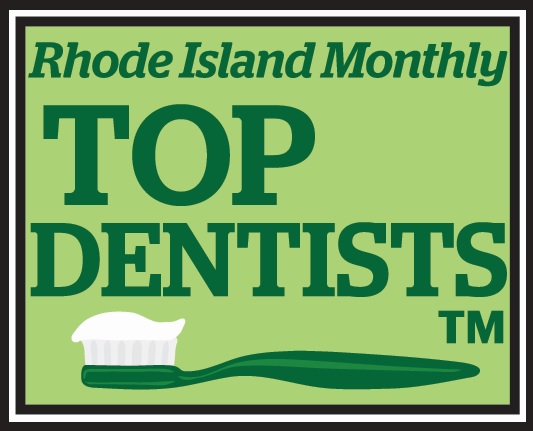
According to data provided by the Centers for Disease Control and Prevention (CDC), about 20% of children take prescription medication regularly. There has been a steady, noticeable increase in the number of children using medication prescribed by their doctor. Several types of medication can impact your child’s oral health. When you visit our office for your child’s regular examination, please tell our team about any medications your child uses so we can better adapt our treatment approach.
Providence, RI 02903 Pediatric Dentist
We’ve compiled a list of 5 common ways medication can affect your child’s oral health.
1. Dry Mouth
Dry mouth is a condition where the mouth produces a reduced level of saliva. Several medications can inhibit the mouth’s saliva production. Saliva is important, especially to children’s young teeth, as it helps to neutralize damaging acids. When left untreated, dry mouth can lead to higher rates of tooth decay.
2. Gum Tissue Enlargement
Certain medications can lead to your child’s gum tissue becoming enlarged or overgrown. Extra attention is needed to avoid gum inflammation. In these instances, our team will recommend special care instructions to help your child maintain healthy gums.
3. Tooth Decay
Most medications will not directly cause tooth decay. However, there are medications that use sugar, particularly for flavor. Think of the great-tasting liquid medicines available for kids, or candy-like throat lozenges. Over time, sugar can contribute to tooth decay as it feeds decay-causing bacteria. Our team recommends opting for sugar-free versions of medications when available. It is also advisable to have your child take their medication with a meal and a drink, to wash away sugary compounds.
4. Bleeding
Medications can reduce the ability for blood to clot. If your child is going to undergo oral surgery, or even may be ready to lose a tooth, an increase in bleeding may occur. We ask that you notify our team of any medications your child is taking prior to scheduling treatment. This will allow our team to provide a high level of care for your child.
5. Soft Tissue Reactions
Certain medications can lead to oral inflammations, discoloration, or even the appearance of oral sores. Contact us if your child is experiencing any of these symptoms. We can work with you and your child to create an oral hygiene plan to alleviate these side-effects.
It is essential that our team is aware of any medications your child is taking. This allows us to plan our treatments and recommendations accordingly. If you notice any changes in your child’s oral health, contact our team. Our goal is to work with you and your child to establish a lifetime of healthy habits and optimal oral health.




